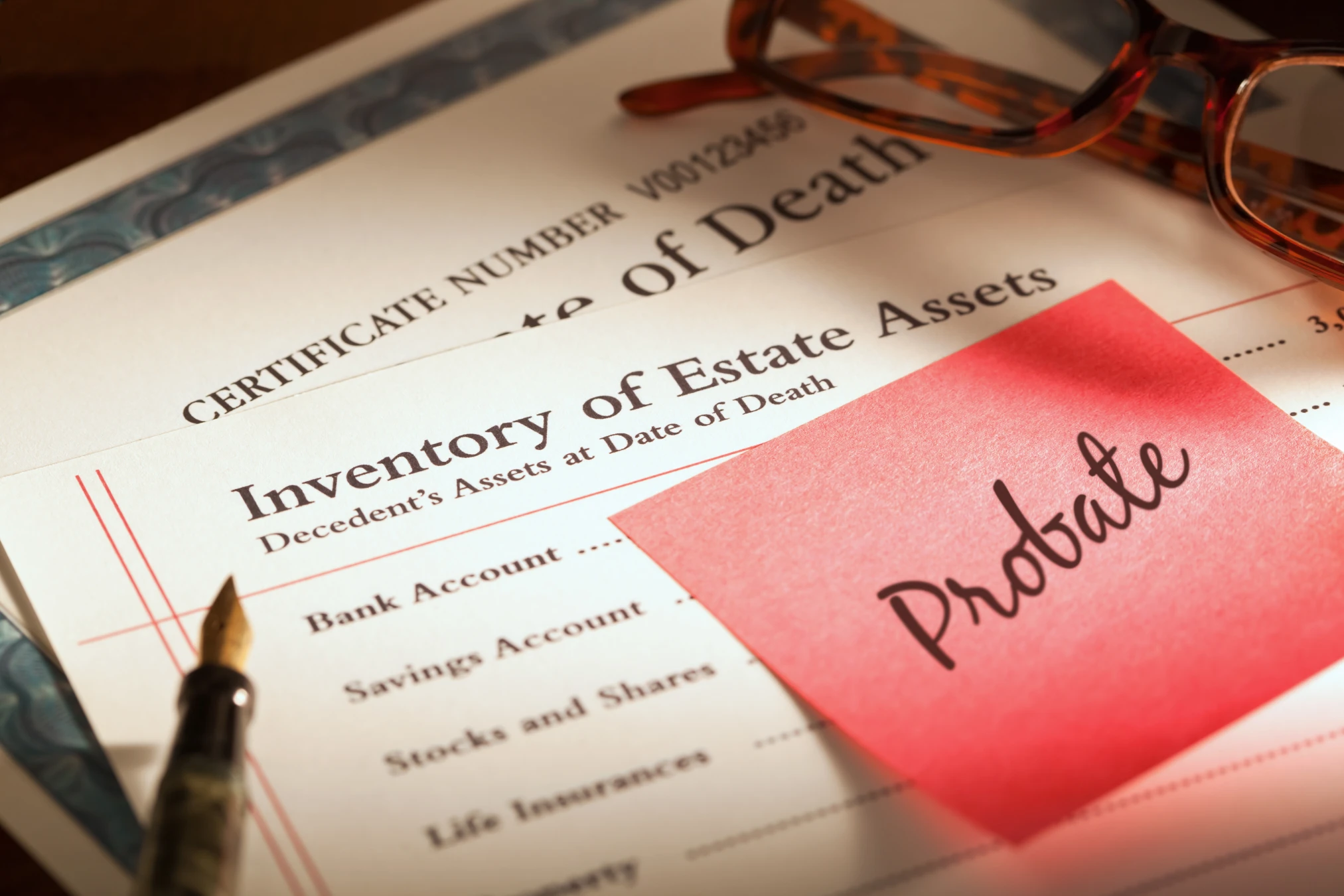
Probate and Estate Administration
Get Started TodayGuiding You Through the Probate Process
Navigating probate can be overwhelming, especially while coping with the loss of a loved one. At Earl and Edwards, we are here to provide clarity, guidance, and legal support throughout the probate and estate administration process. Whether you're an executor, heir, or concerned family member, our team will ensure every legal step is handled with care and precision.
-
Identify Assets: Locate and determine how the decedent’s assets will be transferred.
-
Open the Estate: Start the probate process and obtain Letters Testamentary to manage the estate.
-
Inventory and Value Assets: List and assess the value of all probate-required assets.
-
Notify and Pay Creditors: Inform creditors and pay valid claims.
-
Settle Taxes: Pay any outstanding income or estate taxes.
-
Manage Ongoing Expenses: Handle ongoing estate expenses, including property upkeep and legal fees.
-
Distribute Assets: Transfer remaining assets to beneficiaries.
-
Close the Estate: Finalize paperwork and legally close the estate.
Simplify the Probate Process with Trusted Legal Support
Support You Can Rely On
-
1
Guiding the Executor or Administrator
We help executors and administrators understand their legal duties, handle court filings, validate the will, manage estate assets, and ensure full compliance with probate laws. -
2
Settling Debts and Distributing Assets
Our team identifies and resolves outstanding debts, taxes, and expenses, ensuring that remaining assets are properly distributed according to the will or state laws. -
3
Resolving Disputes Efficiently
If disputes arise among beneficiaries or the will is contested, we work to resolve conflicts through mediation or legal action, protecting the estate and honoring the decedent's wishes.

Frequently Asked Questions
How Is My Loved One’s Property Distributed?
Property can transfer in several ways after death. If your loved one left behind a will or a revocable living trust, these documents guide asset distribution. Without these, the estate may go through probate and follow state laws (intestate succession). Probate can sometimes be avoided with proper planning, such as a community property agreement or a trust. Small estates below a certain value may qualify for simplified procedures.
Who Manages the Property Transfer?
The personal representative (executor or administrator) manages the estate. If named in the will, they must open probate and obtain letters testamentary from the court. Without a will, a close relative can request to be appointed.
What Are the Responsibilities of a Personal Representative?
The personal representative must:
Collect and manage the decedent’s assets
Pay outstanding debts and taxes
Settle creditor claims
Distribute remaining property to beneficiaries
How Long Does Probate Take?
Probate typically takes 6–12 months for simple estates but can take longer if disputes or complications arise. The personal representative can begin managing the estate after receiving letters testamentary.
How Much Does Probate Cost?
Costs vary based on the estate’s size and complexity. Earl and Edwards offers a free consultation to assess your situation and provide an accurate estimate.
Trust Us to Win Your Case
Navigating legal matters can be daunting and costly if mishandled. Let us guide you through it!